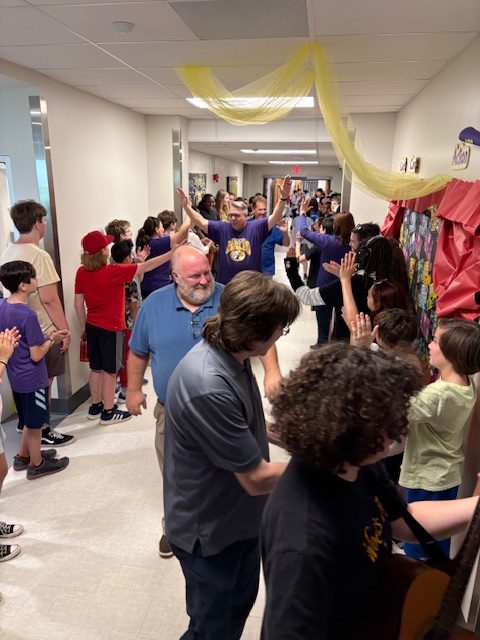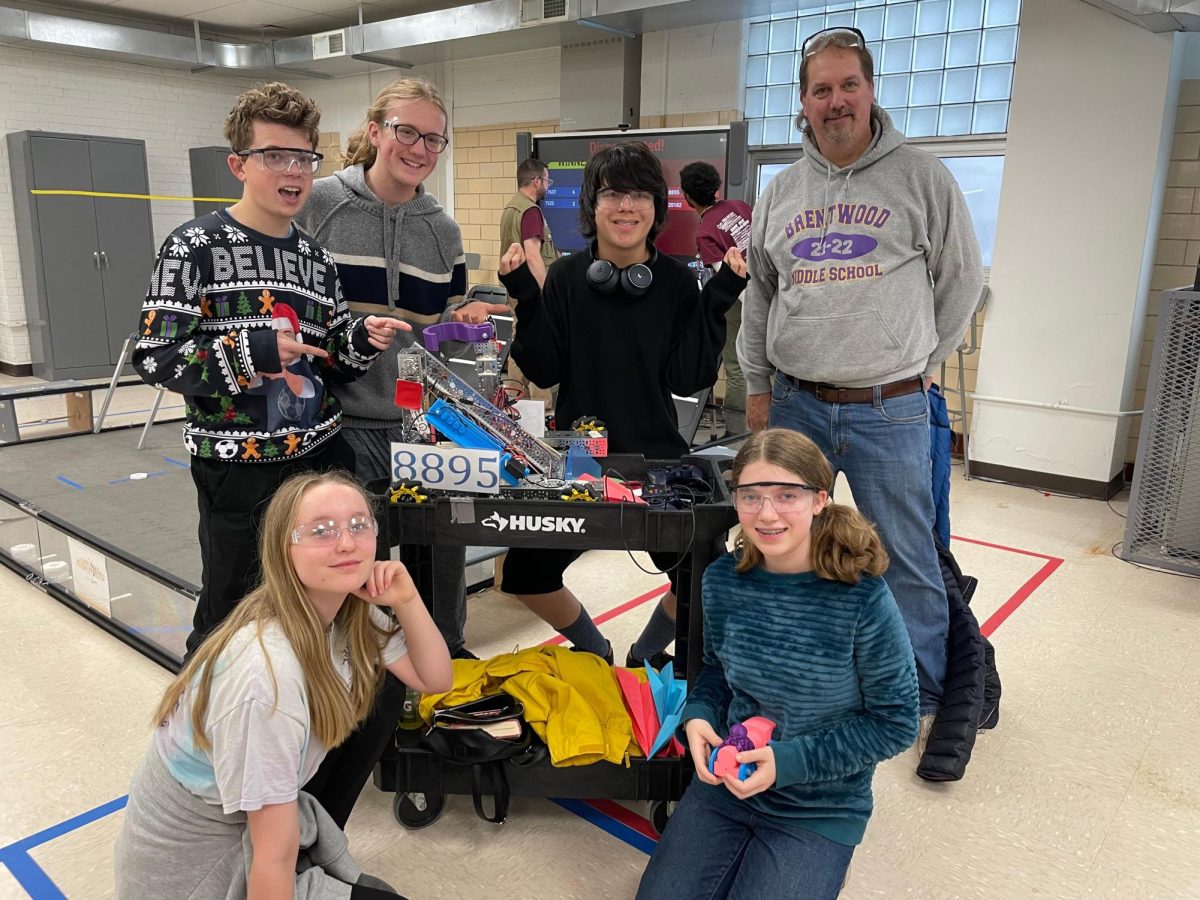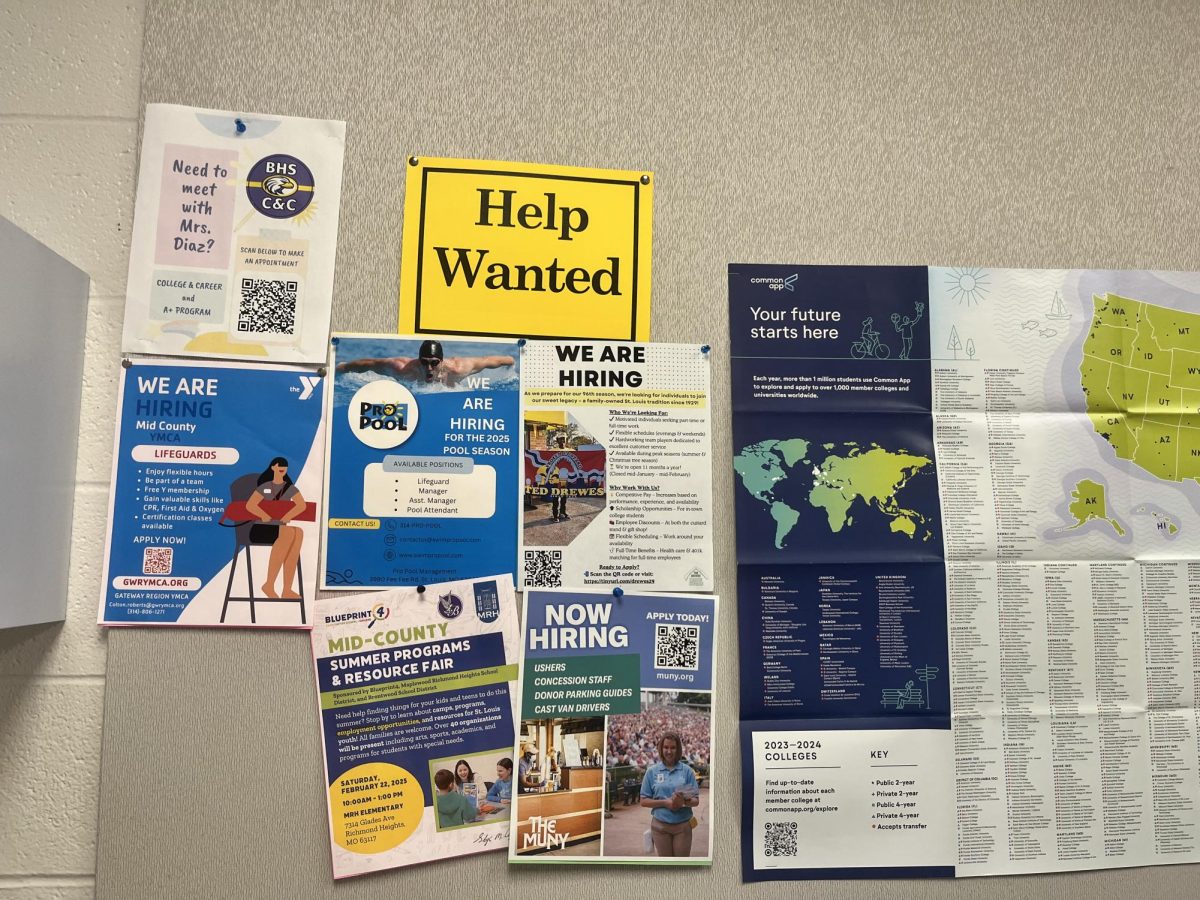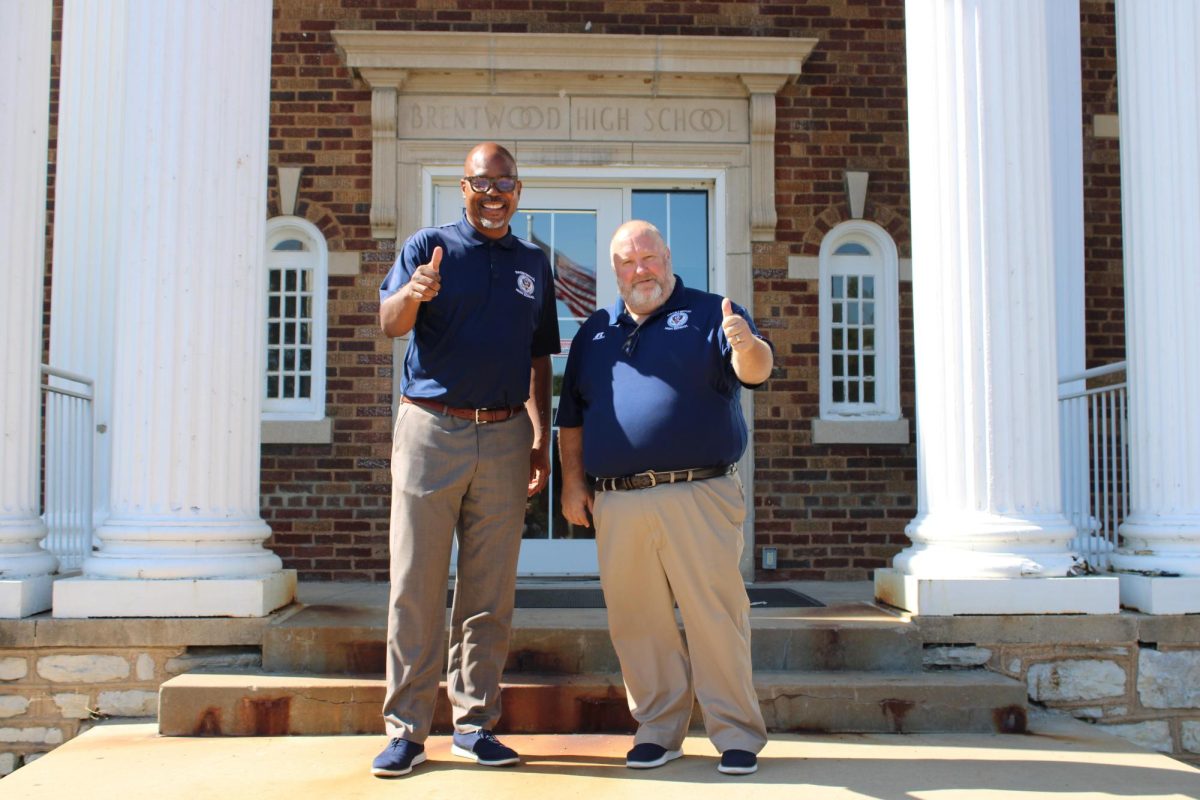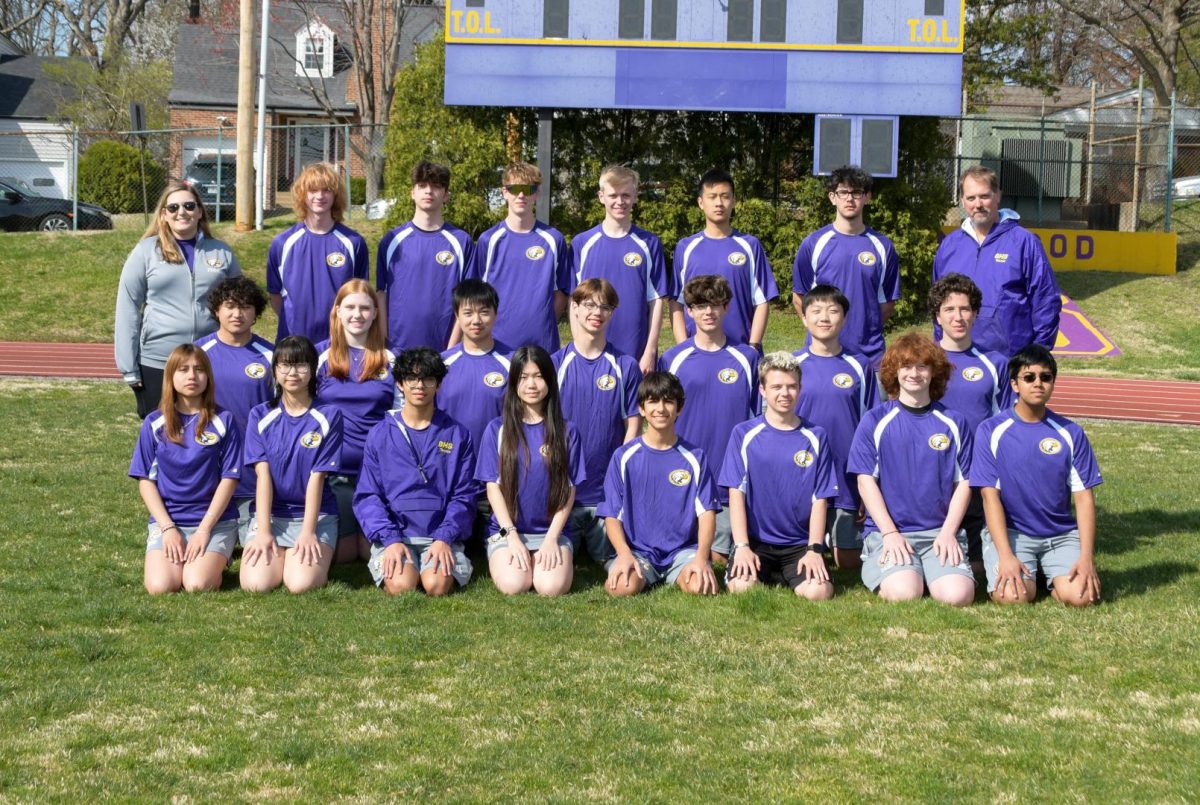Outer space. Around the world, generations of adults and children alike have dreamed of someday visiting. And with good reason.
Who wouldn’t want to make footprints on the moon or marvel at the beauty of Saturn’s rings up close? Ever since the beginning of time, humans have been fascinated by the cosmos that lie above us, and it genuinely shows. From celestial cave paintings left by the Neanderthals to the numerous great teachings of Greek philosophers to modern-day preschoolers learning the planet names in song, outer space has been a fascination for as long as we have existed. The desire to understand and explore has pushed humanity to break the boundaries of science and technology, again and again, just to get a glimpse of what could be out there waiting for us.

For those of you enamored with space like me, you probably know all about what is happening in the crazy world of spacecraft and satellites. But for most of you, your space obsession was short-lived as a child, wearing off quickly as you got older. You probably don’t know much about what is happening right now. But I’m here to tell you why that should change.
There are just so many reasons you should care about what is going on. The role we play in space affects so much, from innovations in technology to our relationship with other countries. In taking advantage of the infinite playground space presents, we can work together to create new things and increase our knowledge about the world. These possibilities are made real by engineers working hard to push past the limits of current technology and launch themselves into a new frontier. In breaking these limits, we can attempt to solve some of the most fundamental questions of the universe, and in the process of doing this, humanity reaps the benefits that come from this exploration. And you may be wondering, what can the general public get out of space exploration?
Economy
One of the most prominent arguments against space exploration is that it is a waste of money that should be spent elsewhere. However, NASA’s budget only takes up a meager 0.5% of total federal spending per year (shown below). And it pays off. According to a statement released by NASA in 2019, the industry has generated more than $64.3 billion in economic output and created an estimated $7 billion in state, government, and federal taxes.
Spending money on space supports all sorts of things in the economy, including playing a significant role in the workforce. According to that same statement, NASA has provided 312,000 jobs worldwide and continues to supply a place for engineers to push the boundaries and help the public. Nothing put into this industry is a waste, and the money allocated to NASA supports highly skilled jobs, innovations in technology, and unique business opportunities that go right back into the economy.
International Cooperation
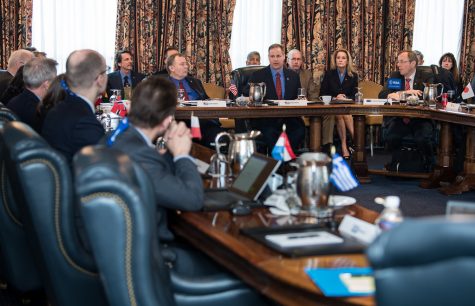
The natural need to explore has created a premise for international cooperation between the numerous space programs worldwide. Although our journey to space may have started off as a highly competitive race, it is now a foundation for international diplomacy and collaborations across the globe. A prime example of this is the International Space Station (ISS). Launched over twenty years ago, the ISS is run by the combined efforts of many different countries, including the United States, Russia, Japan, Canada, and the participating countries of the European Space Agency. These agencies work together to operate and provide different elements of the ISS.
This goes to show what we can accomplish as a whole. Not only do we need international cooperation for space missions, but also for threats that come from outer space, such as near-Earth objects and solar storms. International cooperation between the nations on various space projects will exhibit the ability to advance towards a common and increased understanding.
Advances in technology
Without space exploration, we would not have many of the things we have now. Space exploration plays a considerable part in creating new technology to be used in our everyday lives. It inspires innovation and pushes people to create. A great example of this boundary-breaking work is the technology from the ISS. Engineers created a highly precise robot arm for the ISS, but it is now used to perform brain surgeries impossible for any human to carry out. The technology used to create space robots is now used for detecting various forms of cancer. Test results from the effect of microgravity on blood flow have been used to create heart pumps for heart transplants.
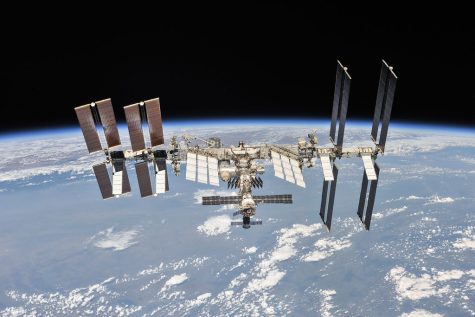
There are just so many inventions that have come from space exploration. And not only that, but engineers are always working hard for the public. Engineers at NASA developed a ventilator specifically for coronavirus patients in just thirty days. Once approved by the FDA, the design was made available to manufacturers at no cost. Without the challenges that space exploration presents, we wouldn’t have a lot of the standard technologies we use today.
Monitoring conditions on Earth
Developments in space have led to a greater understanding of Earth’s climate and how we can help it. Things such as satellite imaging paint the whole picture for us and help us locate and attempt to solve problems having to do with Earth’s climate.
One of the critical examples of this is the shrinking of the ozone layer. Discovered with the help of satellites, governments worldwide took action. They signed the Montreal Protocol to help protect the ozone layer and to attack the steadily rising issue of climate change. Satellites also help monitor pollution levels on Earth and provide valuable information about how the Earth is changing as the years pass. Using satellites to observe from space can help catch disasters as they happen, such as oil spills and various mining accidents, to help contain and prevent damage.
Inspiring the public
Finally, maybe the most important argument is that space exploration is inspiring. You cannot deny that the possibility of visiting Mars or finding life on other planets doesn’t make you excited. Space exploration is the gasoline that fuels the fire of curiosity and imagination of people everywhere. And although not everyone will become an astronaut (yet!), the hardworking individuals at NASA act as role models, continuing to inspire children everywhere to work hard to achieve what has been deemed “impossible.” These people inspire kids to pursue STEM-related careers and encourage them to push into new frontiers of science and technology to better our world.
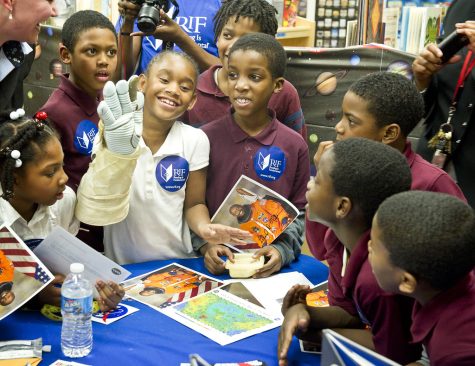
Nothing on Earth can match the challenges that space exploration puts on our scientists and engineers. Without these incredible people, we would not have many things we have now. And they continue to keep making new discoveries that provide us with more information about what is out there in the universe. And I think I speak for everyone when I say we are excited to see what comes next from this great organization.





